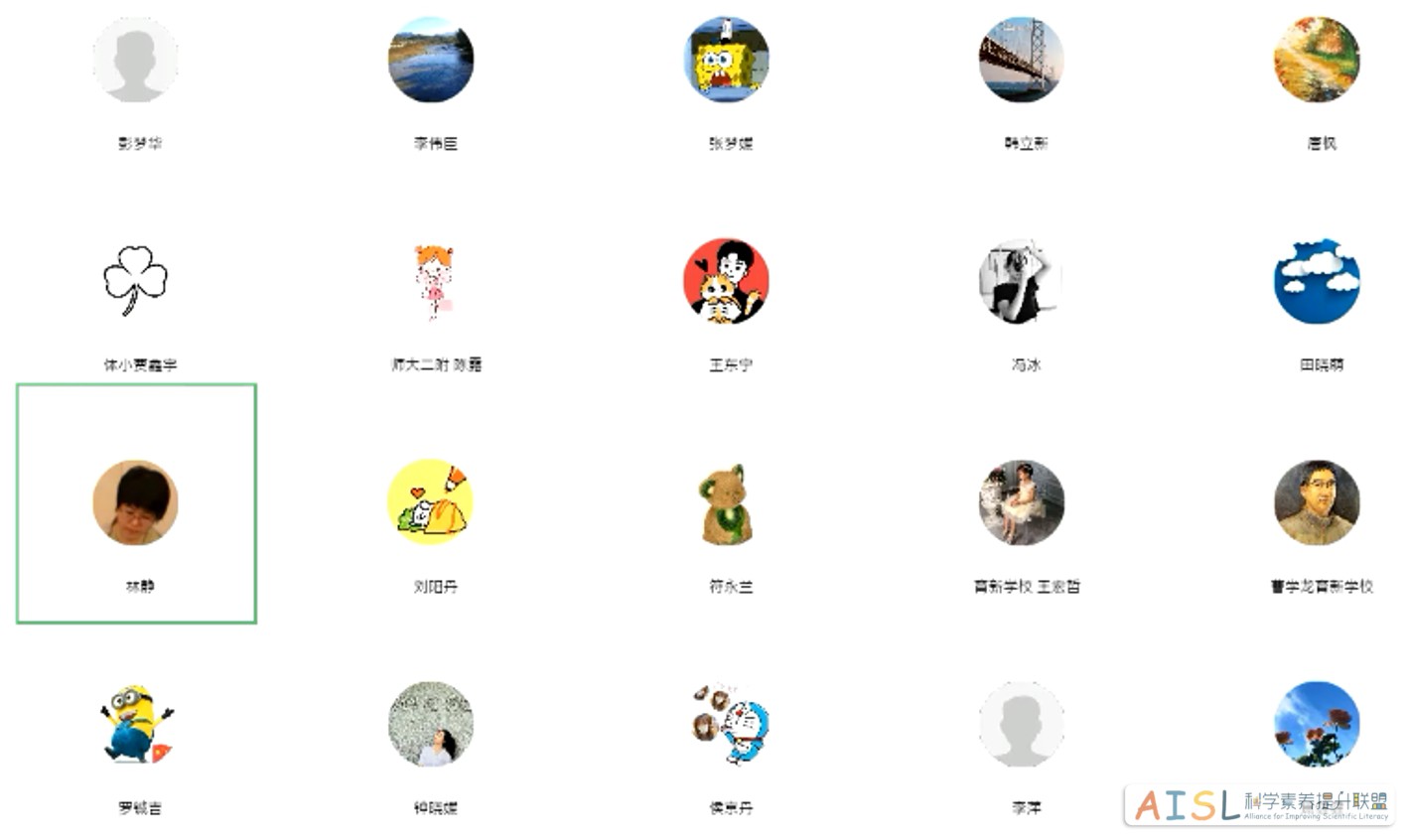2024年4月17日19:00-21:00,SSI-L项目组在腾讯会议室举行了在线研讨活动,主要讨论了合作校在议题选择方面的新想法。会议由SSI-L项目学科指导专家组组长、北京师范大学第二附属中学物理学科特级教师彭梦华主持,SSI-L项目负责人、学科指导专家等出席会议并进行指导,三所合作校的教师团队在线参与。
会议初始,彭梦华老师对前序活动进行了简要回顾,并对首都师范大学附属育新学校和北京市东城区体育馆路小学在科学议题方面的进展表示认可。育新学校的唐枫主任和曹学龙主任随后介绍了他们关于饮料议题的初步设想,提出通过厘清饮料的不同类型和成分,引导学生理解饮料对健康的影响,并鼓励学生对含糖饮料、碳酸饮料和功能饮料等进行深入探讨。李萍老师和焦健健老师讨论了如何将议题研究与学生的实际生活紧密结合,提出通过分组研究和实验操作,让学生更深入地了解饮料的影响。
其他学校的老师也积极参与讨论,为该选题提出了宝贵建议。北京师范大学第二附属中学陈露老师从生物学角度对糖的教育价值进行了分析,提出了学生在理解糖的化学结构和生物作用上的难度,并建议在教学中应更多地聚焦于糖与其他物质的比较,以及考虑到饮料的社交属性。体育馆路小学侯京丹老师分享了该校关于低糖低卡议题的经验,并讨论了如何提高学生的自控力和健康意识。
接下来,体育馆路小学提出了关于“预制菜”的选题设想。与会人员探讨了预制菜的定义、食品安全、以及如何引导学生理解预制菜的社会和科学问题。人教社钟晓媛老师建议在讨论预制菜时,可以聚焦于具体应用,并强调了法律法规意识的培养。此外,会议中还提到了关于预制菜的多个方面,包括健康、科学、劳动、社会和饮食文化等。老师们提出了一系列问题和建议,涉及预制菜的添加剂、保质期、储存方式以及国家标准等。侯京丹老师提到,国家已经出台了关于预制菜的定义和相关监督法规,这为后续的课程设计和议题研究提供了有力支持。
最后,SSI-L项目负责人林静老师谈了饮料与预制菜这两个议题的设计要点,并强调借助议题设计框架和各校之前已有议题开发经验和方法的重要性,并鼓励对已有议题设计进行迭代提升。在教学设计与课堂实施时,要先组织学生思考,教师归纳在后。林静老师还进一步强调在设计议题时,一定要结合学生的实际情况和课程标准要求,确保议题与学生的学科学习、现实生活紧密相关。
通过本次交流,教师们深入探讨了饮料和预制菜等社会性科学议题的活动设计,为后续SSI-L的议题选择和活动设计奠定了基础。

On April 17, 2024, from 19:00 to 21:00, the SSI-L Project Team held a webinar via Tencent Meeting, to discuss new ideas for issue selection at partner schools. The meeting was chaired by Peng Menghua, head of the disciplinary guidance expert team of the SSI-L Project and a special-rank physics teacher of the Second High School Attached to BNU. The SSI-L project leader and disciplinary guidance experts attended the meeting and offered instructions. Teaching teams from three partner schools participated online.
The meeting began with a brief review of previous activities by Peng Menghua, who also recognized the progress made by Yuxin School Affiliated to Capital Normal University and Beijing Dongcheng District Tiyuguan Road Primary School in selecting issues. Directors Tang Feng and Cao Xuelong from Yuxin School then introduced their preliminary ideas on the beverage-related issue, suggesting that by clarifying the different types and components of beverages, students could be led to understand the impacts on health, and meanwhile encouraged to have in-depth investigations on sugary drinks, carbonated drinks, and functional beverages. Li Ping and Jiao Jianjian discussed how to closely integrate SSI-L research with students’ lives, proposing group research and experimental operations to help them better understand the impacts of beverages.
Teachers from other schools actively participated in the discussion, offering valuable suggestions for the issue. Chen Lu, from the Second High School Attached to BNU, analyzed the educational value of sugar from a biological perspective, highlighting the challenges students face in understanding the chemical structure and biological functions of sugar. She suggested focusing more on comparing sugar with other substances and considering the social attributes of beverages in teaching. Hou Jingdan from Tiyuguan Road Primary School shared her school’s experience on low-sugar and low-calorie issues and discussed how to improve students’ self-control ability and health awareness.
Next, the Tiyuguan Road Primary School proposed its conception of the issue on “pre-packaged foods”. Participants discussed the definitions for “pre-packaged foods”, food safety, and how to guide students in understanding the SSIs related to pre-packaged foods. Zhong Xiaoyuan, from the People’s Education Press, suggested focusing on specific applications when discussing pre-packaged foods, and emphasized the importance of cultivating awareness of laws and regulations. The meeting also touched on various aspects of pre-packaged foods, including health, science, labor, society, and dietary culture. Teachers raised a series of questions and suggestions, covering the additives, shelf life, storage methods, and national standards of pre-packaged foods. Hou Jingdan mentioned that the government has already issued definitions and related supervision regulations for pre-packaged foods, providing strong support for subsequent curriculum design and SSI research.
Finally, Lin Jing, the SSI-L project leader, discussed the key points of activity design on beverages and pre-packaged foods, emphasizing the importance of using the issue design framework and leveraging previous SSI-L activity development experiences and methods from each school. She encouraged iterative improvements on existing designs. In teaching design and in-class implementation, students should be organized to think over the issue first, and teachers make a summary afterward. Lin further stressed that when designing the activities, it is crucial to consider students’ actual situations and curriculum standards to ensure that the SSI-L activities are closely related to students’ disciplinary learning and real-life contexts.
Through this exchange, teachers deeply explored the activity design of socio-scientific issues related to beverages and pre-packaged foods, laying a foundation for future SSI-L issue selection and activity design.
